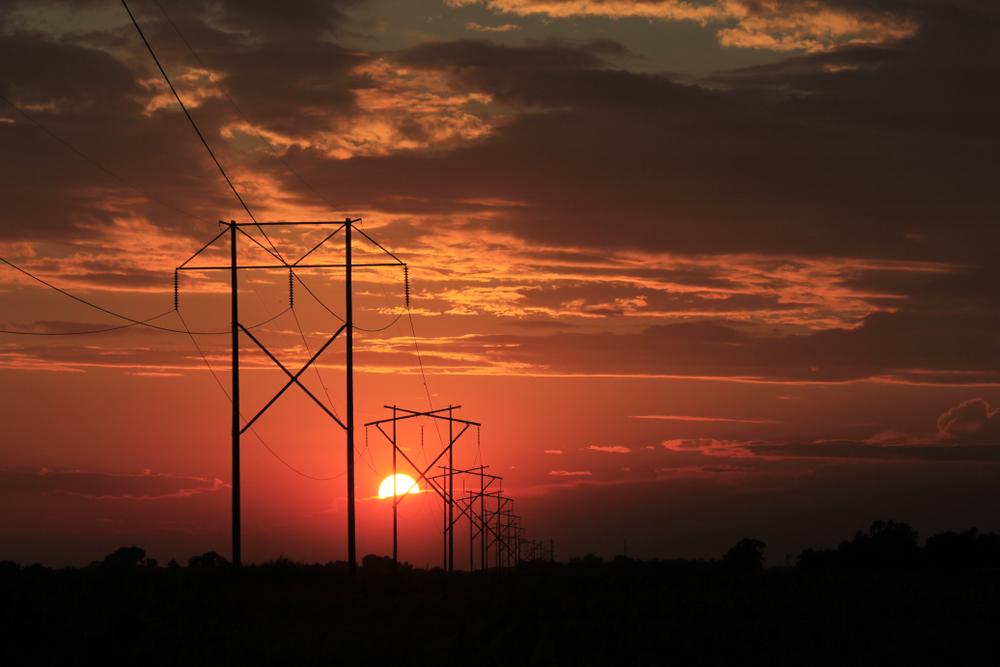Is your business at risk if there’s a power outage? The safety of your employees and customers could be at stake as well as the loss of business you could experience if the lights are off and doors are closed. Check out why backup power matters.
If your commercial building or facility faces a disaster, is it prepared?
What happens if a major storm hits and the grid goes down?
If your commercial building is anything like many others throughout the country, it might not be ready for this frustrating event. And if you’re like many commercial building owners, you don’t want to face the time, expense, or frustration that comes with a complete outage.
Right now, most commercial facilities don’t have the backup power they need to keep operating during a complete power failure. This means that, when an outage does hit, it can cause significant issues for everything from production to storage.
Looking for a way to keep your commercial building and employees safe and operational during an outage? Now is the time to assess your backup plan and understand the importance of backup power for commercial facilities.
Here’s what you need to know.
Why Back-Up Power Matters
According to a 2016 analysis of industry data conducted by the Associated Press, power outages across the U.S. have increased in recent years. Although there are many causes for these outages, extreme weather is the most common, causing about 80% of all grid outages.
While it’s true that the U.S. grid has improved gradually over the years, it struggles to manage unplanned outages. As such, power cuts and large-scale superregional blackouts are becoming increasingly common.
An outage doesn’t need to be this extreme to cause damage for a commercial property, though: even a small, temporary outage can have a massive effect on your business if you’re not prepared.
Preparation is the Best Defense: The Case for Emergency Generators
Whether your goal is hurricane preparedness or increased peace of mind, installing backup power for your commercial property is essential.
Here are some things to consider as you improve your backup power plan:
- Backup Generators Should be Large Enough to Power Critical Systems. An electrical contractor will be able to help you test your load and review wiring requirements to ensure you get the right system.
- You Need a Skilled Electrical Contractor. There’s no question about it: it’s unsafe to install a backup generator on your own. Instead, hire a locally-owned company to keep your customers and employees safe during the installation process and beyond.
- You Might Need to Install an ATS. ATS stands for Automatic Transfer Switch. These units monitor utility power and transfer power from the utility to the generator when an outage occurs, and are helpful for both commercial and residential applications.
Contact Us to Protect Your Business Against Loss and Outages
According to ITIC, even an hour of downtime will cost 98% of organizations over $100,000. Avoid these losses and protect your business from outages by installing a backup power system now.
Ready to learn more? Contact Henderson Electric today to learn about flexible backup systems for your commercial or residential location. We’re happy to answer any questions you may have!

